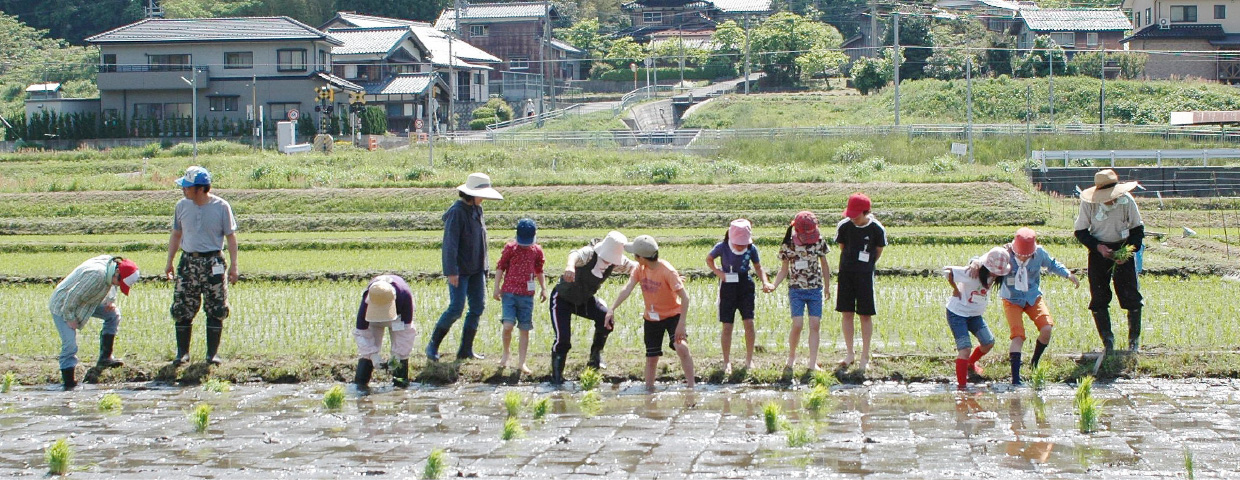NEWS

Session Promotes the Satoyama Development Mechanism for a Nature-positive Society
2022.12.06
On 2 December 2022, the IPSI Secretariat co-hosted a session at the 14th International Forum for Sustainable Asia and the Pacific (ISAP 2022). The online event discussed the Satoyama Development Mechanism (SDM), a seed funding programme that supports projects to promote, conserve, or restore socio-ecological landscapes and seascapes (SEPLS). The session was organised in partnership with the Institute for Global Environmental Strategies (IGES) and UNU-IAS, host of the IPSI Secretariat.
Opening the session, Naohisa Okuda (Director-General, Nature Conservation Bureau, Ministry of the Environment of Japan, MOEJ) remarked that SDM has made great contributions to the Aichi Biodiversity Targets, and the conservation and sustainable use of SEPLS.
Kazuhiko Takeuchi (President, IGES) emphasised that biodiversity and climate change goals were mutually reinforcing, therefore climate, biodiversity, and human wellbeing must be treated as linked systems that need integrated approaches. Koji Miwa (Policy Researcher, Biodiversity and Forest, IGES) introduced SDM as a collaborative activity of the International Partnership for the Satoyama Initiative (IPSI), jointly established by UNU-IAS, IGES, and the Ministry of the Environment, Japan. Since 2013, the programme has funded 59 projects from around the world.
IPSI members presented case studies of SDM projects. Dipayan Dey (Chair, Research & Innovation, South Asian Forum for Environment) provided insights from Arunachal, India on indigenous community-led conservation, restoration, and governance of SEPLS. Kuang-Chung Lee (Professor, Department of Natural Resources and Environmental Studies, National Dong Hwa University) and Paulina G. Karimova (Research Assistant, Department of Natural Resources and Environmental Studies, National Dong Hwa University) discussed resilience assessment activities by the Taiwan Partnership for the Satoyama Initiative (TPSI).
During the panel discussion, participants noted that it was important to have open dialogues with local communities — people engaged with projects when their cultural practices were understood and respected. The projects fostered local economies, sustainable production and consumption, and biodiversity conservation.
In closing, Tsunao Watanabe (Director, IPSI Secretariat) reiterated the need to implement effective strategies that engage local stakeholders, including indigenous people and local communities, to take transformative action to conserve and restore biodiversity.
Further information and presentation slides are available on the ISAP 2022 website.


